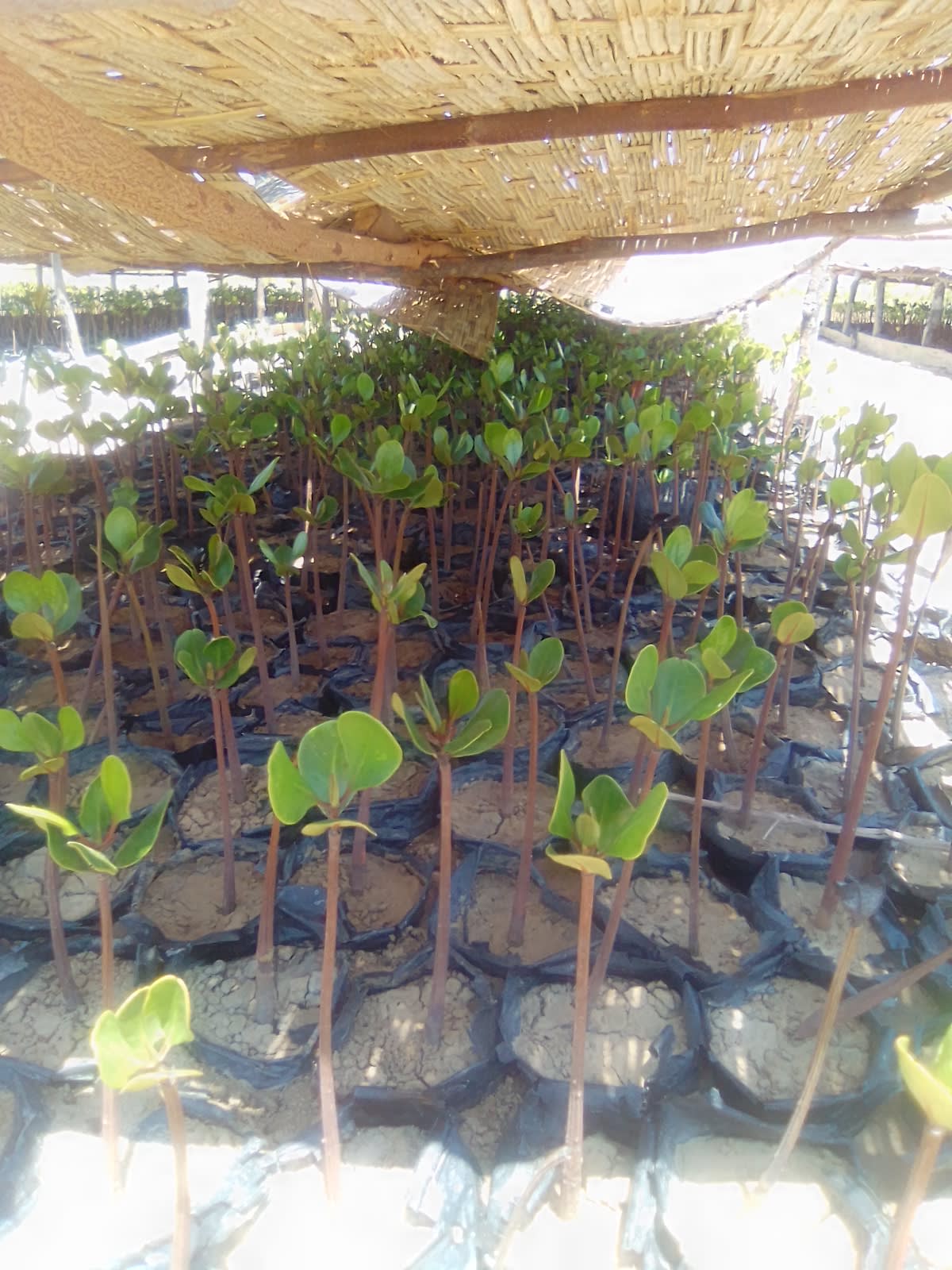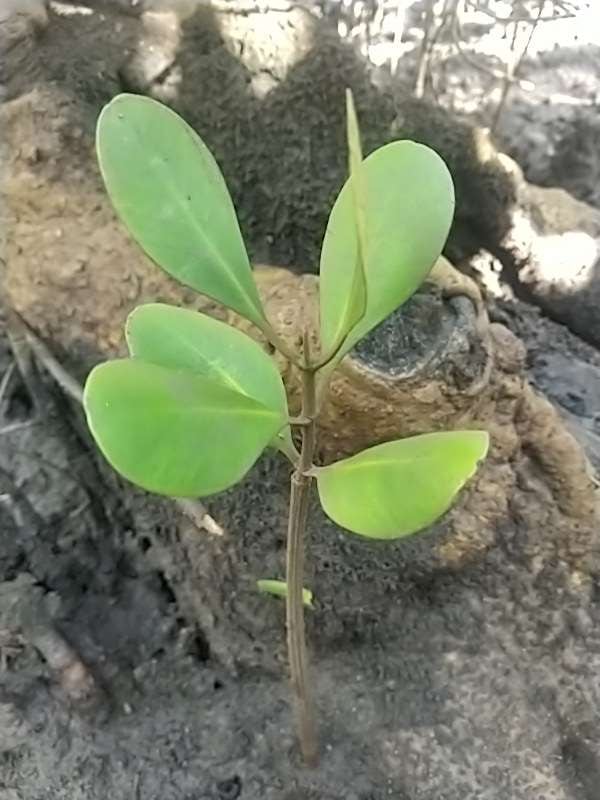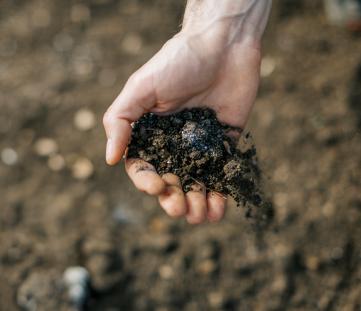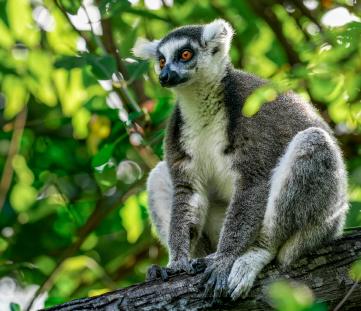ID: 3W5-P7NN
ID: 3W5-P7NN
Miti
Avicennia marina
Photo
Tanzania
20:41 - 23°C
My connections
My ID card
Who am I?
Date of birth
12/23/2023
Also known as
Miti
Name
Tree of Gemini
Tree
Tree of Gemini
Where am I located?
Country
Tanzania
Place of birth
Manza Ward
Coordinates
4° 56′ 16.26″ S
39° 7′ 49.72″ E
/39.13047672,-4.93784944,0/500x333@2x?access_token=pk.eyJ1IjoidG9tbWFzb3NwZXJvbmkiLCJhIjoiY2tnOTE3eW12MDJqazMybXNzOWV1YjloOSJ9.wtGsuDU7XIKjcv2cq8CiXw&logo=false&attribution=false)
My Timeline
The important moments in your tree's life.
Seed
It all starts with a tiny seed, nice and warm in the soil.
Nursery
Your seedling is big enough to be welcomed into one of our nurseries, along with many others.
Planted
We’re here! Your tree has reached its new home: it’s been planted by a smallholder, who’ll take care of it for years to come.
Photo
Strike a pose! Now that it’s big enough, here’s a photo of your tree!
My Gallery
Nursery

Planted
/39.13047672,-4.93784944,0/500x333@2x?access_token=pk.eyJ1IjoidG9tbWFzb3NwZXJvbmkiLCJhIjoiY2tnOTE3eW12MDJqazMybXNzOWV1YjloOSJ9.wtGsuDU7XIKjcv2cq8CiXw&logo=false&attribution=false)
39° 7′ 49.72″ E
Photo

Curiosity about me
The important moments in your tree's life.
Let's start with introductions
The White Mangrove is a small and medium-sized evergreen shrub with a rounded crown of scattered branches; it usually grows from 3 to 10 meters in height, but occasionally reaches 15 meters. It grows along the coastlines, resisting very high saline conditions, protecting the soil from erosion and forming proper habitats for many animal species.
Meaning
Embrace
Its roots, which look like an intricate web, offer shelter to many species of fish, and curb the land erosion caused by tides. A Mangrove's embrace is really precious.

How much CO2 I’ll absorb
My estimated CO2 absorption capacity is based on the first 10 years of my life*
Current absorption
- 5 kg
2023
0 kg
2033
-50 kg
* The tree will continue to absorb CO2 even after the tenth year. Therefore this is a prudent estimate.
How I am useful to local communities

Soil
It improves the quality of the soil thanks to the nitrogen fixation process or it reduces soil erosion, thanks to its extended root system.

Biodiversity
It helps restocking various animal species, thus helping the variety of fauna and flora overall.
My benefits
40%
Food Security
The trees will bear fruits, some that will be edible immediately and others that can become edible through processing, ensuring food resources over time.
60%
Economic development
The trees' fruits and the products derived from their transformation can be traded in local networks, offering income opportunities.
20%
CO₂ Absorption
During its life cycle, each tree will offset CO₂. The trees that you plant can offset your emissions.
80%
Environmental protection
The trees are planted in agroforestry systems that favor the virtuous interaction between the different species and their positive impact on the environment and on the land.